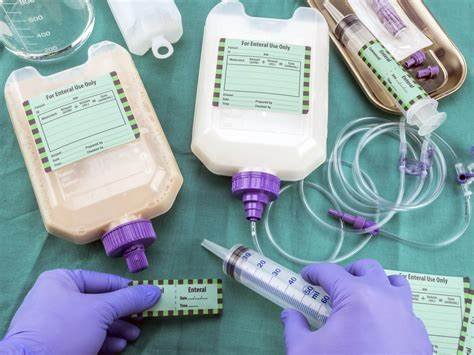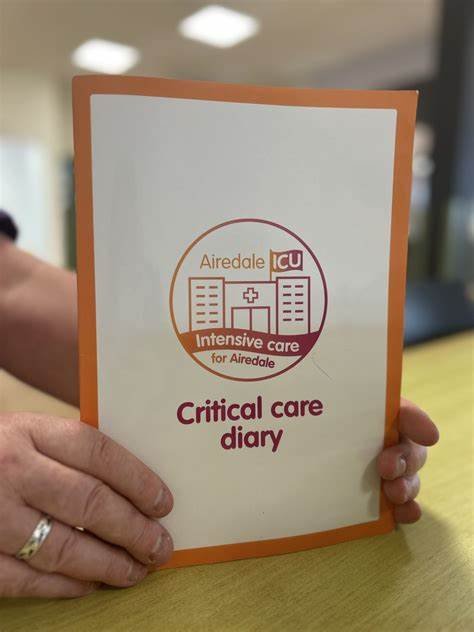Having a loved one in the intensive care unit (ICU) can be an overwhelming experience. Families often face heightened stress, uncertainty, and emotional turmoil. It is essential to offer emotional support to those affected, helping them navigate the complexities of ICU care and remain hopeful during a difficult time.
1. Acknowledge Their Emotions
One of the most important ways to provide support is by acknowledging the emotions of family members. Whether it’s anxiety, fear, frustration, or sadness, validating their feelings helps them feel heard and understood. Let them express themselves without judgment, offering a safe space for venting.
2. Offer Practical Help
Alongside emotional support, offering practical help can be invaluable. Families of ICU patients may need assistance with daily tasks, such as preparing meals, taking care of pets, or managing household responsibilities. Taking care of these chores can alleviate stress and allow them to focus on their loved one’s recovery.
3. Stay Informed and Communicate
Being informed about the patient’s condition is crucial. Encourage family members to communicate with doctors and nurses about updates and treatment plans. A clear understanding of the situation reduces confusion and helps them make informed decisions. Regular updates and open communication are vital for mental and emotional well-being.
4. Be Patient and Present
Sometimes, emotional support doesn’t require words—just being present can make a significant difference. Offering a quiet, comforting presence can help families feel less isolated. Be patient, and offer gentle encouragement, even if you’re not sure what to say. Simply knowing that someone cares can be incredibly healing.
5. Encourage Self-Care
While it’s essential to focus on the patient’s recovery, family members should also prioritize their own well-being. Encourage them to take breaks, get rest, and engage in activities that help recharge their emotional batteries. Self-care is essential for maintaining the strength needed to support their loved one.

6. Provide Resources for Professional Help
In some cases, families may need additional support, such as professional counseling or therapy. Suggesting professional resources can be helpful if the emotional strain becomes overwhelming. Support groups, both in-person and online, can also provide a sense of community and shared experience.
7. Offer Continued Support After Discharge
The road to recovery doesn’t end when the patient leaves the ICU. Continue offering support after discharge, as adjusting to life post-ICU can be challenging. Providing ongoing emotional support, helping with recovery logistics, and checking in regularly shows that you care and that they are not alone in their journey.
Conclusion: Strengthening Emotional Well-Being
Supporting families through the ICU experience requires compassion, patience, and understanding. While the medical staff cares for the patient, your emotional support can make a world of difference for those waiting and hoping for recovery. By offering practical help, staying informed, and encouraging self-care, you can be a steady source of comfort for loved ones in a time of crisis.











